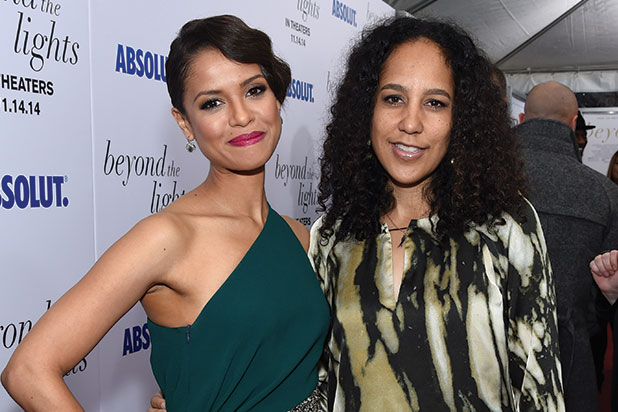

In the eventual aftermath of her kidnapping, Mireille reveals the truth for many women who survive such a traumatic event: “I had no idea what to do with myself, how to move forward from one moment to the next, how to be alive.” Because Mireille is portrayed as a flawed, three-dimensional person, not just a symbol of suffering, Gay’s novel puts a face, a name and especially a voice to the rampant global violence against women. Mireille’s memories of her time before the kidnapping provide a respite for her and the reader. Her captivity experience is suspenseful, immediate and at times mercilessly realistic. Gay has created a straightforward style and defiant voice that drive Mireille’s recollections. Their romance is contrasted with the incidents of violence that occur during those 13 days, and at times, it rings false, as if Mireille wants to demonstrate how she resisted the courtship of her husband as a show of strength. The book is divided into halves - “Happily Ever After” and “Once Upon a Time.” The first half depicts Mireille’s imprisonment, and she weaves these details with memories of what she repeatedly calls “before.” The child of a wealthy Haitian family, Mireille meets her future husband, Michael, during grad school in the Midwest - a “tall, thick-bodied, blond-haired man” her parents refer to as “Mr. As a result, Mireille’s body and survival are used as instruments of negotiation between selfish and prideful men. The reason Mireille spends two weeks in a small, hot box of a room or tied to the Commander’s bed is that her father refuses to pay her ransom, convinced the kidnappers will not stop extorting him if he submits. I would never forget that sound, the empty whisper of soft hands preparing to do hard things.” Before her first rape, she describes her impression of the man: “He rubbed his hands together. We are witnesses to her intimate thoughts during the 13 days she is held captive, when her body proves “breakable but unbroken.” Her recollection of every sensory detail captures the horror of her abuse by the Commander and the men under his command.


Mireille is visiting her parents’ estate in Port-au-Prince with her husband and baby when she gets abducted. She frames it as a fairy tale: “Once upon a time, in a far-off land, I was kidnapped by a gang of fearless yet terrified young men with so much impossible hope beating inside their bodies it burned their very skin and strengthened their will right through their bones.” From the first sentence, we know Mireille has found a way to craft her story to make it bearable.


 0 kommentar(er)
0 kommentar(er)
